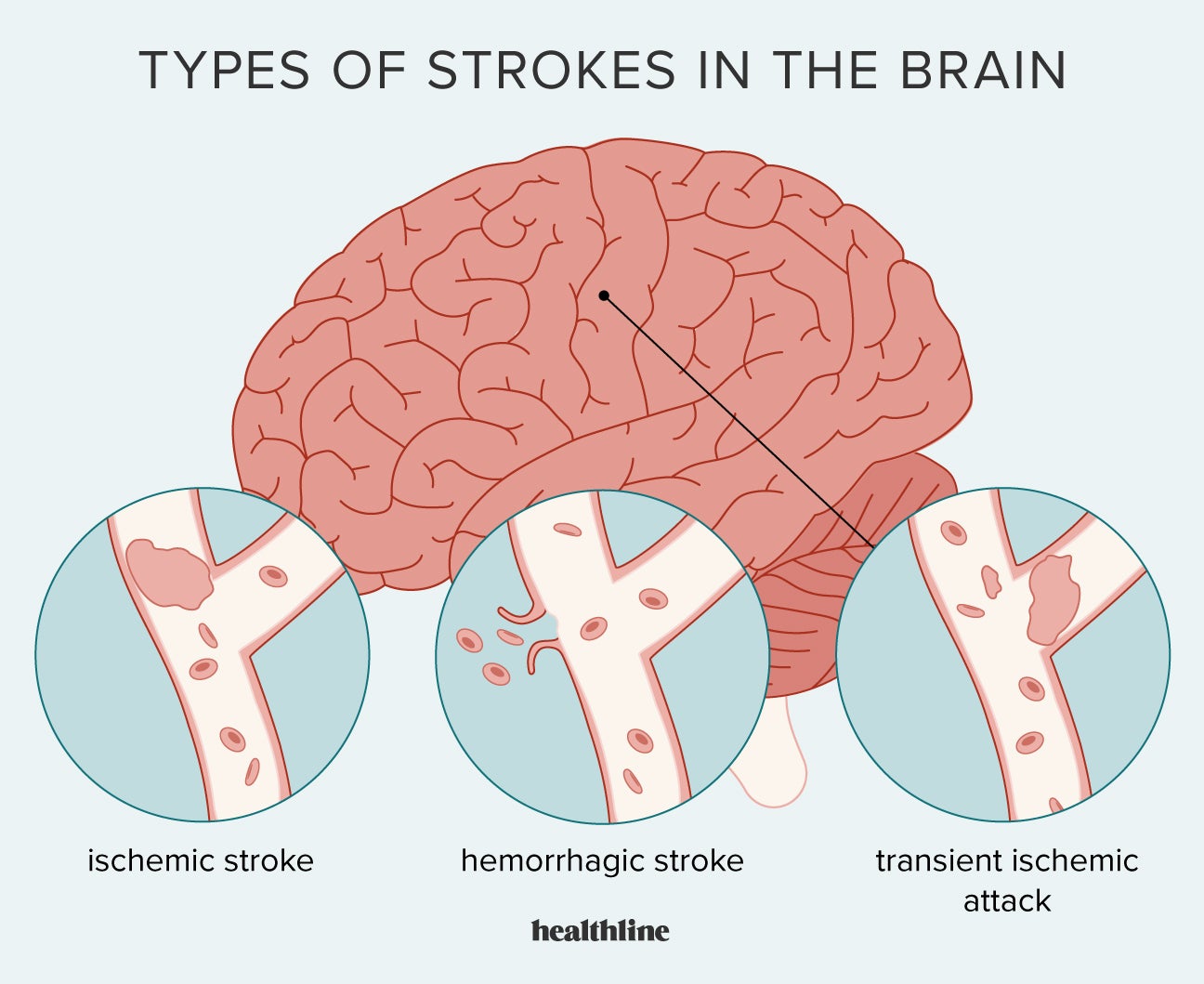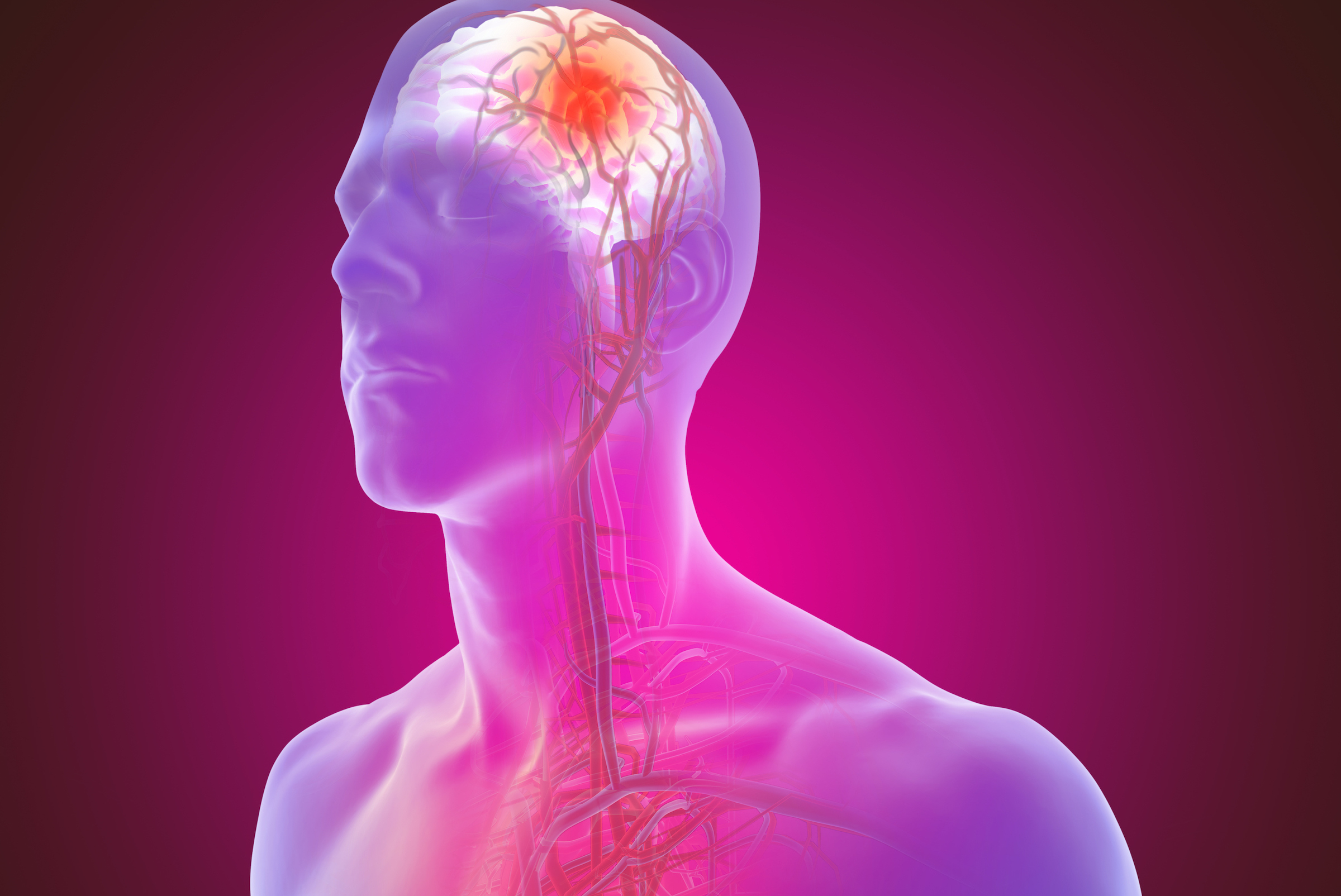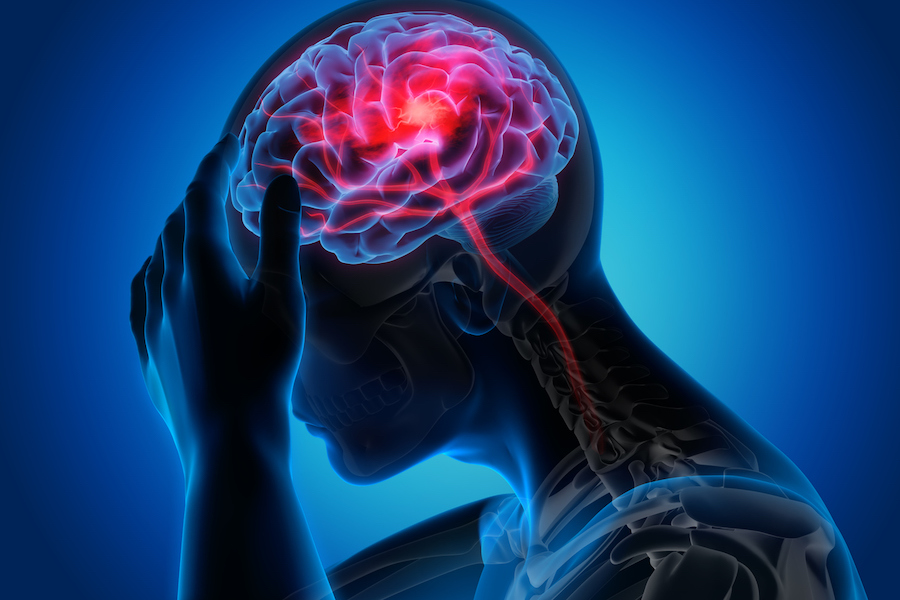When you hear the phrase "stroke jokes," it might make you pause, and for good reason. It's a topic that touches on something very serious, something that affects lives in profound ways. We often use humor to cope, to connect, or to lighten difficult moments, but there are some subjects where humor can feel, well, a little off-key. A stroke, to be clear, is a medical emergency, a moment when every second counts, and it truly changes everything for someone.
Thinking about humor in relation to a stroke brings up a lot of thoughts, perhaps about what is okay to laugh about and what is not. It's a conversation about sensitivity, about understanding the profound impact a health crisis has on people and their families. This piece will explore why discussing "stroke jokes" needs a careful approach, and it will also shine a light on the very real, very urgent nature of strokes themselves. We want to be sure everyone knows what to do if a stroke happens.
This discussion, you see, is not about promoting any kind of humor that lessens the seriousness of a stroke. Quite the opposite, in fact. It's about recognizing the search for such terms and using that as a chance to share vital information. Knowing the facts about a stroke, what it is, and what to do, is truly important for everyone. It's a way to turn a potentially tricky search into something helpful, something that could even save a life, actually.
Table of Contents
- What is a Stroke, Really?
- The Two Main Kinds of Stroke
- Why Time is So Important with a Stroke
- Spotting the Signs: Know the Symptoms
- The "BE FAST" Acronym: A Quick Guide
- When Humor and Health Meet: A Delicate Balance
- Coping and Communication After a Stroke
- Frequently Asked Questions About Strokes
What is a Stroke, Really?
A stroke, in simple terms, is a medical emergency. It's something that happens very suddenly. My text tells us it's when your brain stops getting enough blood flow. Think of your brain needing a constant supply of blood, just like a garden needs water. When that supply is cut off, even for a short time, brain cells start to suffer. This can happen, basically, because of a blocked blood vessel or, in some cases, bleeding right inside your brain. Either way, it means parts of the brain don't get the oxygen and nutrients they need, and brain cells can begin to die, you know.
This lack of blood flow, this poor circulation to a part of the brain, causes cell death. That's the core of what a stroke is. It's a disease affecting the arteries that lead to and are inside the brain. This condition, my text points out, is a leading cause of disability in the United States, and it's also a significant cause of death. So, it's not a small thing at all, rather.
Understanding this basic definition is the first step. It helps us grasp why immediate action is so important. A stroke is a brain injury, after all, caused by a problem with blood vessels. Knowing this helps us see why any talk around it needs to be very respectful, very aware of the serious impact it carries, naturally.
The Two Main Kinds of Stroke
My text makes it clear there are two primary types of stroke. Knowing these can help in understanding the different ways a stroke can happen. It's not just one single event; there are distinct reasons why the brain's blood supply gets disrupted. This distinction, in a way, helps medical professionals figure out the best course of treatment, too.
First, there's an ischemic stroke. This type happens because of a lack of blood flow. It's the most common kind, actually. Imagine a pipe that's supposed to carry water, but it gets clogged. That's a bit like what happens in an ischemic stroke. A blood vessel leading to the brain gets blocked, often by a blood clot. This blockage stops blood from getting to a part of the brain, causing the cells there to die from lack of oxygen. It's a bit like a part of the brain going without air, you know.
Then, we have hemorrhagic stroke. This one is different. Instead of a blockage, it's caused by bleeding in the brain. My text explains this happens when a blood vessel in the brain ruptures and bleeds. This bleeding can damage brain cells directly and also put pressure on the brain, which is very dangerous. So, while both types stop the brain from getting what it needs, the reason for the stoppage is quite different, and that's important to remember, too.
Why Time is So Important with a Stroke
My text cannot stress enough how crucial it is to get medical treatment right away when someone is having a stroke. This isn't just a suggestion; it's a matter of reducing brain damage and other severe consequences. Every single minute that passes during a stroke, brain cells are dying. It's a race against time, really, to preserve brain function. Getting emergency medical help quickly can make a huge difference in how a person recovers, or if they recover at all, quite honestly.
Think about it: the brain controls everything we do, how we move, how we speak, how we think, how we feel. When parts of it are deprived of blood, those functions are immediately at risk. The sooner blood flow is restored or bleeding is controlled, the more brain tissue can be saved. This is why emergency services, like calling 911, are so incredibly vital. They are trained to recognize the signs and act fast, which is truly what's needed.
The speed of getting help can literally mean the difference between a full recovery and severe, lasting disability. It's why knowing the symptoms and acting immediately is preached so widely. There's no time to wait, no time to see if things get better on their own. A stroke is a life-threatening event, and immediate action is the best defense against its devastating effects, usually.
Spotting the Signs: Know the Symptoms
Recognizing the symptoms of a stroke is perhaps one of the most powerful things you can do. My text very strongly advises us to know these signs and to call 911 right away. It's about being prepared, being aware, and being ready to act decisively. The symptoms often come on suddenly, which is a key characteristic to remember, you know.
Some of the sudden symptoms to look out for include: a sudden loss of balance, or changes in how someone sees, like vision problems or blurred sight. There might be slurring of speech, where words come out unclear or jumbled. A facial droopiness, where one side of the face sags, is another very common sign. And then there's limb weakness, which means one arm or leg might suddenly feel weak or numb, perhaps on one side of the body. These signs, appearing suddenly, are huge red flags, basically.
Acting F.A.S.T. is a very well-known way to remember these symptoms and what to do. This acronym helps people recognize a stroke and get immediate treatment. It's a simple, memorable tool that everyone should know. We'll go into the "BE FAST" version next, which adds a couple more important indicators, too.
The "BE FAST" Acronym: A Quick Guide
The "BE FAST" acronym is an expanded version of the "FAST" acronym, offering even more ways to spot a stroke quickly. It's a tool designed to help anyone, anywhere, recognize the signs of a stroke and understand the urgency of the situation. Knowing this can help you seek immediate attention for someone, or even for yourself, if needed, you know.
Here's what each letter in "BE FAST" stands for, helping you remember the sudden symptoms:
- B is for Balance: Look for a sudden loss of balance or coordination. Someone might stumble, fall, or have trouble walking steadily.
- E is for Eyes: Check for sudden changes in vision. This could be blurred vision, double vision, or loss of sight in one or both eyes.
- F is for Face Drooping: Ask the person to smile. Does one side of their face droop or feel numb? This is a very common sign, you see.
- A is for Arm Weakness: Ask the person to raise both arms. Does one arm drift downward? Is one arm weaker or numb?
- S is for Speech Difficulty: Ask the person to repeat a simple sentence. Is their speech slurred, strange, or are they unable to speak at all?
- T is for Time to Call 911: If you spot any of these signs, even if they go away, call 911 immediately. Every second counts, truly.
This acronym is a simple, yet powerful, way to help recognize a stroke. It guides you to act quickly, which is, as my text says, crucial for reducing brain damage. Being familiar with "BE FAST" could make all the difference, really, for someone experiencing a stroke, naturally.
When Humor and Health Meet: A Delicate Balance
The idea of "stroke jokes" brings up a very important discussion about humor and serious health conditions. On one hand, humor can be a coping mechanism, a way for people to deal with incredibly difficult situations. For stroke survivors, or their caregivers, a bit of dark humor might, in some very personal ways, help them process trauma or connect with others who understand their specific challenges. This is a very different thing from making light of the condition itself, however, you know.
On the other hand, a stroke is a medical emergency that blocks the blood supply to the brain and can be life-threatening. It's a condition that causes significant disability and can change a person's life in an instant. Because of this severity, casual "stroke jokes" that are not coming from a place of shared experience or a survivor's personal coping can be deeply hurtful and disrespectful. They can trivialize the immense struggle and pain that individuals and families go through. It's a bit like laughing at someone's broken leg when they're still in pain, you see.
The line between appropriate coping humor and insensitive jokes is often drawn by who is telling the joke and who is listening. Humor that comes from within the community of survivors, used to process their own experiences, is one thing. Humor from outsiders that makes fun of a serious medical condition, especially one with such profound impacts, is quite another. It's about empathy and understanding the weight of the situation, basically.
Ultimately, when discussing "stroke jokes," the focus should always be on sensitivity and respect. The primary message about strokes must always remain their seriousness and the urgent need for action. Humor should never overshadow the critical health information that could save lives or improve outcomes. It's a very delicate balance, indeed.
Coping and Communication After a Stroke
Life after a stroke often means facing new challenges, both physical and emotional. Communication, in particular, can be affected. For some, finding ways to express themselves, including through humor, becomes a part of their healing journey. This is a very personal path, and it looks different for everyone. It's about finding strength and resilience, in a way, even in tough times.
For stroke survivors, humor can sometimes serve as a powerful tool for coping. It can help them process their experiences, connect with others who understand their journey, and even regain a sense of normalcy. This kind of humor is often self-deprecating or shared within a close-knit support group, where everyone gets it. It's about finding light in the darkness, rather than making light of the darkness itself, you see.
However, it's also important for everyone around a stroke survivor to communicate with care and understanding. This means being mindful of language, avoiding stereotypes, and always treating the individual with dignity. Learning more about strokes, including their types, symptoms, how to treat them, and how to prevent them, is a great step. You can learn more about stroke on our site, which is helpful. Understanding the condition helps foster empathy, which is crucial for supporting survivors and their families, obviously. It helps us all speak about strokes with the respect they deserve, you know. For more detailed medical information, you might also look at resources like the American Stroke Association, for instance.
Frequently Asked Questions About Strokes
What is the most important thing to do if someone is having a stroke?
The most important thing, absolutely, is to call 911 right away. A stroke is a medical emergency, and getting immediate medical help can really reduce brain damage and other serious issues. Every second counts, so acting fast is key, you know.
Can a person recover completely from a stroke?
Recovery from a stroke varies a lot from person to person. Some people might recover completely, while others may have lasting effects. Getting emergency treatment quickly, followed by rehabilitation, can greatly improve a person's chances of a better recovery. It really depends on the severity of the stroke and how fast treatment is received, too.
Are there different kinds of strokes?
Yes, there are two main types of stroke. One is ischemic stroke, which happens when blood flow to the brain is blocked, usually by a clot. The other is hemorrhagic stroke, which is caused by bleeding in the brain from a ruptured blood vessel. Knowing the type helps doctors decide on the best treatment, actually.
You can learn more about this page for additional details and insights on stroke prevention and care, which is very helpful.



Detail Author:
- Name : Hertha Barton
- Username : zmuller
- Email : mae98@hotmail.com
- Birthdate : 1987-07-05
- Address : 62691 Retha Fort Marcosstad, ME 41795
- Phone : 407.644.2897
- Company : Kuhlman PLC
- Job : Interpreter OR Translator
- Bio : Rerum harum cum consectetur facere magnam a. Veniam minima sed molestiae aut et voluptatem. Nihil totam quaerat nihil ab quasi rerum sit et. Quidem omnis eum officia in aut aliquid.
Socials
linkedin:
- url : https://linkedin.com/in/lacy_official
- username : lacy_official
- bio : Id quam eligendi quasi possimus.
- followers : 2570
- following : 2116
facebook:
- url : https://facebook.com/lacy_corkery
- username : lacy_corkery
- bio : Vel blanditiis nihil magnam aut. Omnis incidunt praesentium fugit corrupti.
- followers : 2682
- following : 1847
instagram:
- url : https://instagram.com/lacy_dev
- username : lacy_dev
- bio : Maiores repellat ipsa impedit ipsum placeat. Quia esse labore quo reprehenderit.
- followers : 3748
- following : 2310

